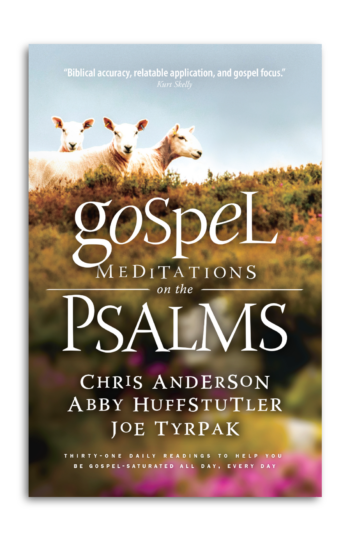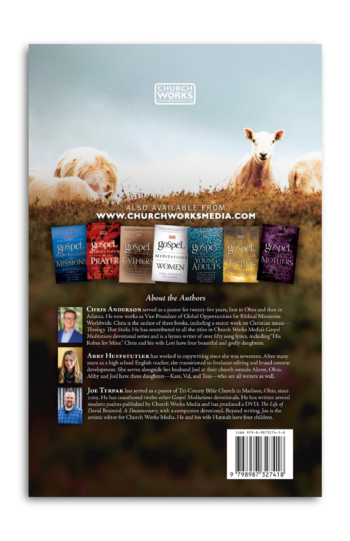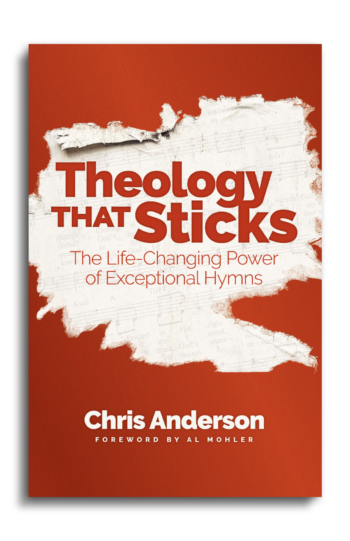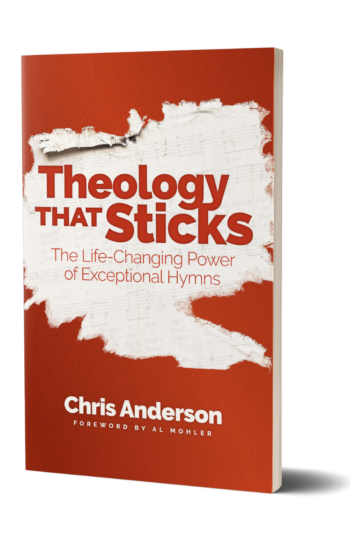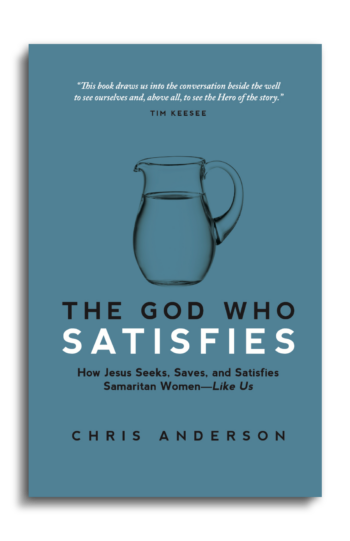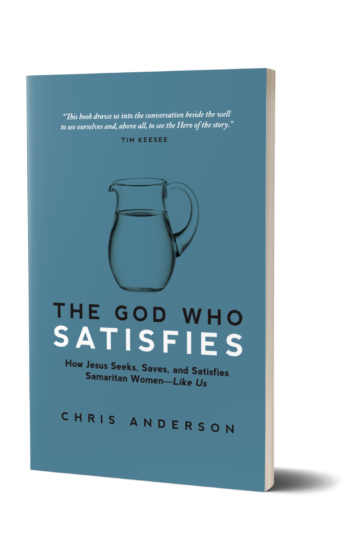His Robes for Mine [free song]
$0.00
Words by Chris Anderson; Music by Greg Habegger
© 2008 Church Works Worship (ASCAP) (adm at IntegratedRights.com). All rights reserved.
Recording arrangement © 2023
Now available on a brand new studio recording! (Learn more)
Please note: This is a free download. You can download the files after checkout with just your name and email.
Also available for this song:
- Buy, stream, or download the Shout Out for Joy album (which includes “His Robes for Mine”): CD | Stream | Download.
- “Album version” sheet music (lead sheet & chord chart) now available here.
- Flexible choir, band & orchestra music based on the new recording coming in 2024.
- Instrumental recordings (stems coming soon) now available here.
- Congregational arrangement available from MollyChurchMusic. (Learn more)
- Piano solo arrangement coming in 2024.
- Choral octavo (separate arrangement) available here.
- Choir & orchestra sheet music from our album His Robes for Mine available here.
- Need customizable sheet music or projection slides? Check our Worship Resources page for more help with your service planning!
❤️ If you benefit from our free products, please consider giving a donation. Thanks!
“His Robes for Mine” by Chris Anderson and Greg Habegger celebrates the doctrine of justification and Christ’s substitutionary atonement—absorbing God’s judgment on sin in our place! (Doctrinal notes below.)
This song is part of a brand new studio album from Church Works Media titled “Shout Out for Joy,” now available to stream and download everywhere! (Links: CD | Stream | Digital Download)
HIS ROBES FOR MINE
Words by Chris Anderson; Music by Greg Habegger
Tune name: AUSTINBURG
His robes for mine: O wonderful exchange!
Clothed in my sin, Christ suffered ‘neath God’s rage.
Draped in His righteousness, I’m justified.
In Christ I live, for in my place He died.
Chorus:
I cling to Christ, and marvel at the cost:
Jesus forsaken, God estranged from God.
Bought by such love, my life is not my own.
My praise—my all—shall be for Christ alone.
His robes for mine: what cause have I for dread?
God’s daunting Law Christ mastered in my stead.
Faultless I stand with righteous works not mine,
Saved by my Lord’s vicarious death and life.
His robes for mine: God’s justice is appeased.
Jesus is crushed, and thus the Father’s pleased.
Christ drank God’s wrath on sin, then cried, “’Tis done!”
Sin’s wage is paid; propitiation won.
His robes for mine: such anguish none can know.
Christ, God’s beloved, condemned as though His foe.
He, as though I, accursed and left alone;
I, as though He, embraced and welcomed home!
© 2008 Church Works Worship (ASCAP) (adm at IntegratedRights.com). All rights reserved.
_______
DOCTRINAL NOTES
by Chris Anderson
Because God delights in worship that is biblical, thoughtful and passionate—what we often call intentional—please consider the following overview of the biblical texts and doctrinal themes behind the hymn “His Robes for Mine”:
The 4 verses focus on 4 major themes included in the doctrine of justification. Verse 1 addresses the hymn’s overriding theme of “The Great Exchange.” Jesus Christ was made sin for us in order that we might be declared righteous in Him. The great doctrine of imputed righteousness and unrighteousness grows out of a number of wondrous texts (2 Corinthians 5:21; Romans 3:19-4:8; Philippians 3:9) and is often pictured in Scripture by the exchange of garments (Isaiah 61:10; Zechariah 3; Matthew 22:1-14; Revelation 7:9-14). Hence, the theme of the song.
Verse 2 focuses on Christ’s active obedience—the fact that He mastered God’s Law in the place of sinners who could not, thus earning righteousness on our behalf. It was added essentially at the recommendation of my teacher and friend Michael Barrett, who has done a great deal to assist me in my understanding of justification. The key lesson here is that the righteousness imputed to me was Christ’s earned righteousness which He acquired by perfect obedience to God’s Law, not the inherent righteousness which He has eternally possessed by virtue of His deity. The great truth of Christ’s perfect obedience to the Father’s will and the imputation of that righteousness to repentant sinners is taught in Matthew 3:15; John 8:29; 1 John 2:1; Romans 1:17; 2:13; 3:22; 4:4-6, 11b and 5:17-19; 1 Corinthians 1:30, et al.
Verse 3 focuses on the grand doctrine of propitiation, the fact that God’s wrath was not merely deflected from us by Christ, but was rather absorbed by Him in our place. Jesus Christ bore the infinite wrath of God against sin, satisfying God’s wrath and enabling sinners to be forgiven—and justly so. Isaiah 53:10-11 describes it this way: God looks on the travail of Christ’s soul and is satisfied by it. His wrath has been exhausted on Christ. The doctrine of propitiation is taught Isaiah 53, Romans 3:25; 1 John 2:2 and 4:10, et al.
Verse 4 summarizes the hymn by describing the results of the Great Exchange—Christ forsaken and the sinner embraced by God. The role change of the sinner and Christ is amazing: the beloved Son of God was forsaken (Matthew 27:46) in order that the cursed enemy of God might be beloved (Romans 5:1-2; Hebrews 10:19-22; 1 John 4:9-14). Though I understand this doctrine biblically, I certainly cannot fathom it. It is astounding. It is wonderful.
Finally, we added a refrain which expresses our wonder at the cost of our salvation, then responds to Christ’s love with worship and consecration (Romans 6:19-20; Romans 12:1-2; Acts 20:28b). Thus, the song doesn’t really progress from verse 1 to verse 4, but instead moves toward and peaks at the refrain after each of the four meditations. Greg expresses the heartbeat of the refrain wonderfully with a gorgeous melodic line, and I trust that your congregation will delight to lift your voices and proclaim: “I cling to Christ and marvel at the cost!”
As with other projects, our greatest delight would be for the Lord to use this song to point people toward Christ. I pray that it will help you mine the infinite riches of the salvation won for us when Christ donned our filthy garments of sin and provided for us the robes of His own righteousness! What a Savior the Lord Jesus is! To Him be all glory, honor, and praise!
| Included files: |
Single page hymn lead (print as full page) |
|---|---|
| Additional resources: |
In addition to the free resources available above, transposable, customizable hymn sheets, lead sheets, and projection slides are available here: https://doxology.app/song/his-robes-for-mine-35qdyq2g/ |









